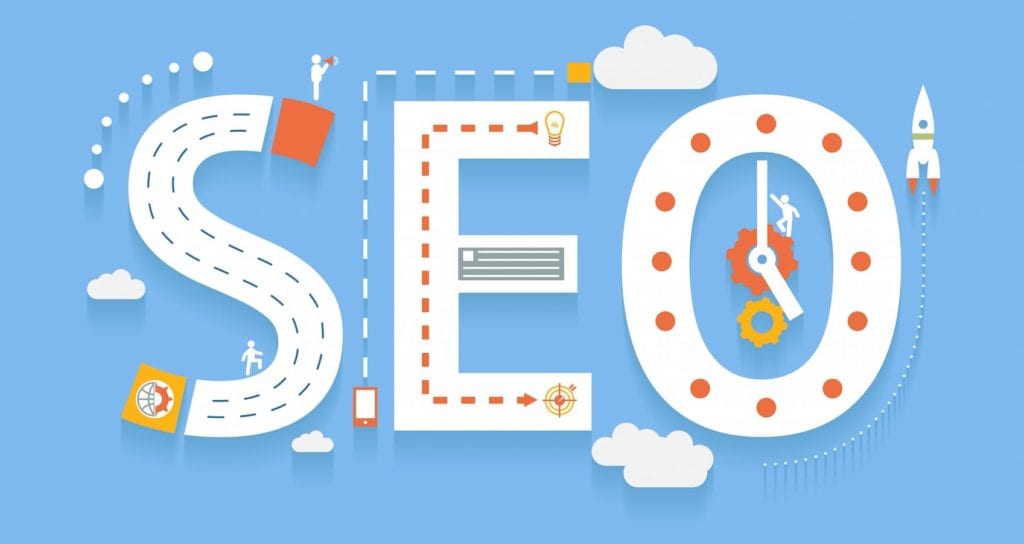
Many see the rise of the digital world and the death of the media gatekeeper as parallel phenomena. In many ways this is true—now anyone with a computer and Internet access can publish to the web and potentially find an audience of millions.
PR pros may not have to rely as heavily on classic mass media channels anymore, but that doesn’t mean gatekeepers are completely out of the picture. These days Google and the big search engines are the new gatekeepers, and smart communicators know how to use their rules and algorithms to their advantage.
Kristen Ferrer, senior director of digital brand at The Washington Center, is one of those communicators. Ferrer will share the knowledge she’s gained from an exhaustive career working with tech firms, nonprofits, professional services and consumer goods companies with attendees at PR News’ Boot Camp: Google for Communicators on Dec. 10 in Washington, D.C.
For a glimpse into what communicators will be taking away from Ferrer's presentation at the boot camp, here are four signs that your website isn’t optimized for search.
- Your website has low rankings in Search Engine Results Pages (SERPS).When you run a search on Google, Yahoo or other search engines using keywords that reflect your products and services, does your website appear in the first three results pages? If it doesn’t, then you definitely want to evaluate what you’re doing to optimize your website.
- You’re seeing low numbers/small percentage of overall traffic to your website from organic search. In a 2014 study, BrightEdge found organic search drives 51% of all visitors to B2B and B2C websites, surpassing all non-organic search channels. If your site is failing to rank highly with Google, Bing, or Yahoo, it is probably because you haven’t fully optimized the site.
- Your website is not mobile-friendly yet. Over 50% of all Google searches are now conducted on mobile devices. Because of this, the “Mobilegeddon” update in April of 2015 has given preferential search rankings to sites optimized for mobile.
- You’ve over-optimized on-page elements while neglecting to optimize content. By focusing too much on the technical details, you can lose sight of the bigger picture, which is the production of content that brings prospects to your site, moves your prospects through the conversion funnel, and delights and educates your existing customers.
Follow Kristen: @Kristen_Ferrer
Follow Mark: @MarkRenfree

